AITAH for Not Inviting My Estranged Father to My Wedding After Years of No Contact?
When I posted this question on r/AITAH, I didn’t expect thousands of strangers to weigh in on my family drama. But the responses were overwhelming, and they made me reflect on what it really means to set boundaries with people who have hurt you in the past.
This is the story of why I chose not to invite my estranged father to my wedding, and whether that decision makes me the problem — or just someone trying to protect their peace.
The Background – A Father Who Was Never There
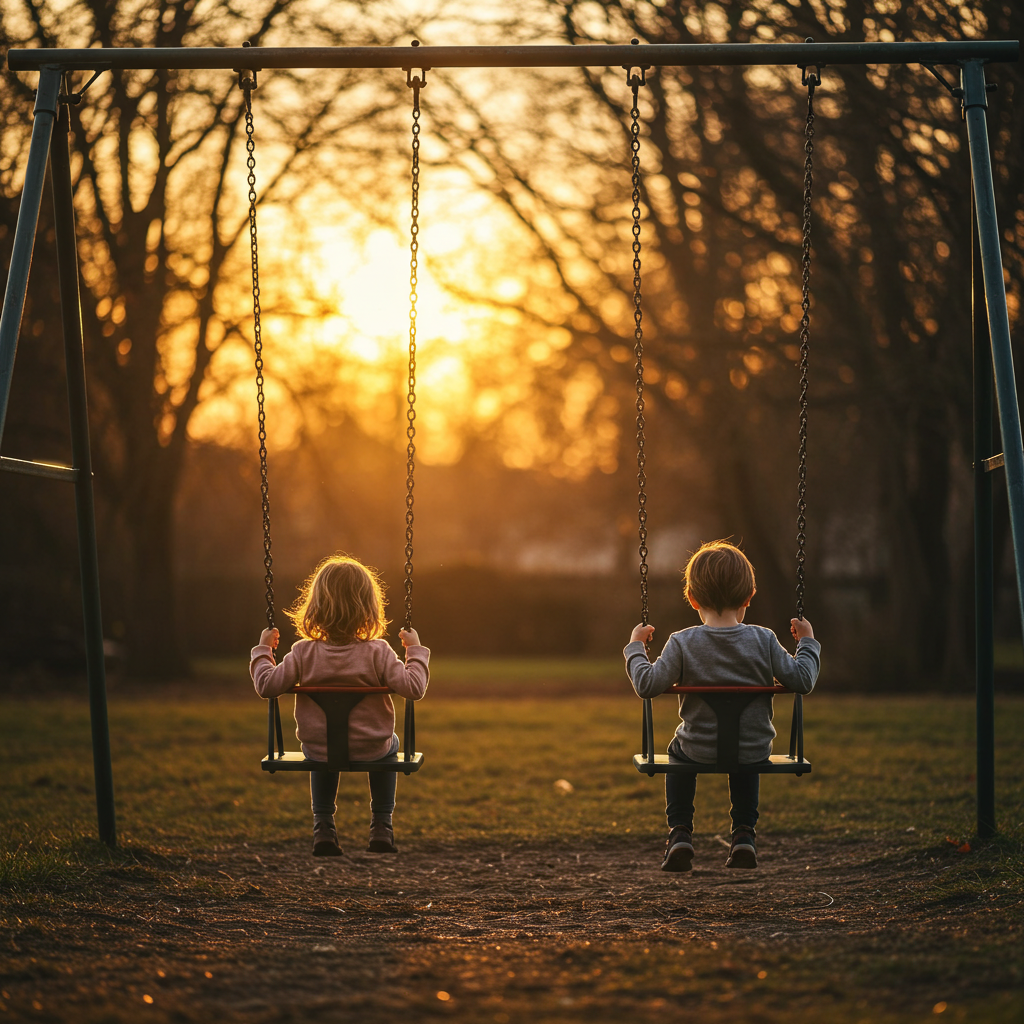
Growing Up Without His Presence
My parents split when I was eight. After the divorce, my father moved to another city and slowly stopped calling. Birthdays came and went without a card. He missed every graduation, every milestone, every crisis.
By the time I was in college, we hadn’t spoken in nearly a decade. He wasn’t abusive, but he was absent. And that absence hurt more than I could admit.
The Sudden Reappearance

Reconnecting Only When It Was Convenient
A few months before my wedding, I received an unexpected message: my father wanted to reconnect. He had heard about my engagement through distant relatives and decided it was the perfect time to “start fresh.”
He never apologized for disappearing. He just said he hoped to walk me down the aisle.
I felt torn. Part of me longed for his approval, but the other part remembered every birthday I spent wondering why he didn’t call.
The Wedding Guest List Dilemma
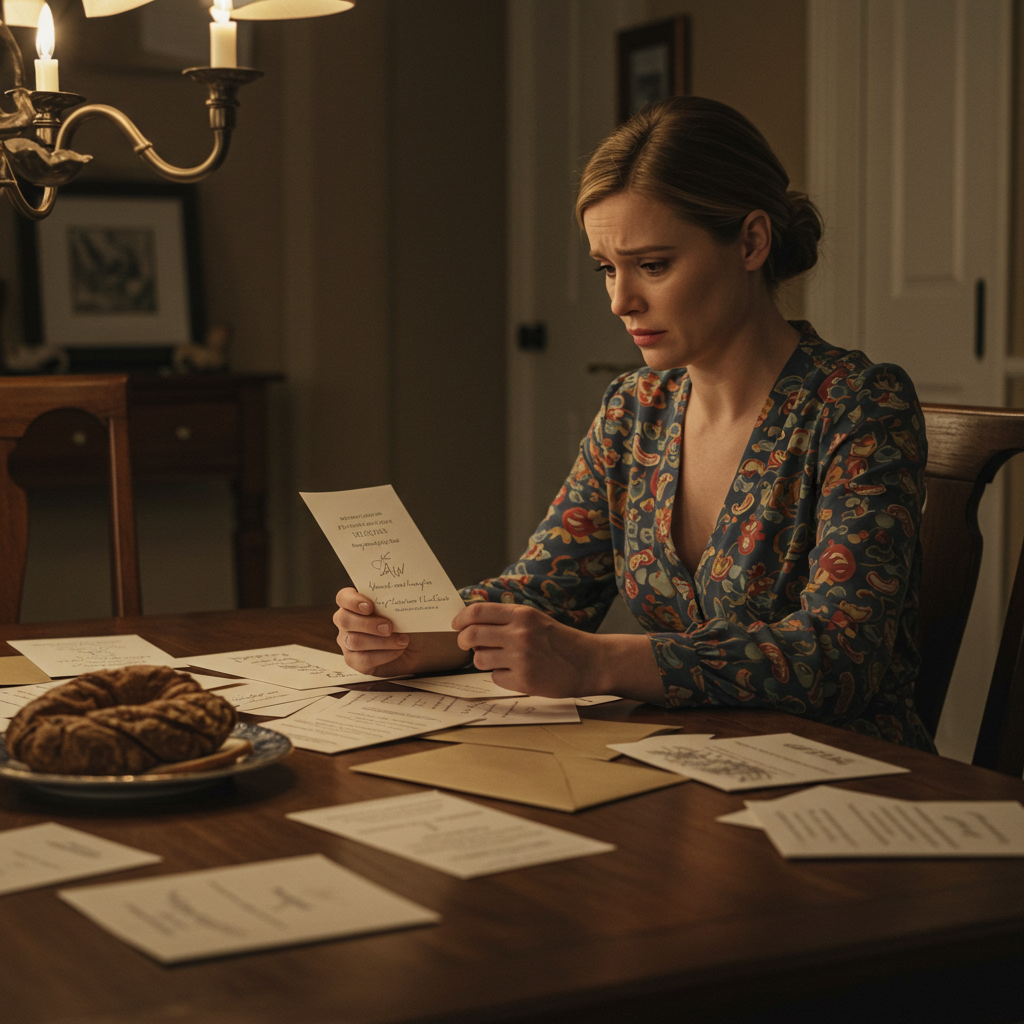
Would Inviting Him Undo Years of Healing?
After weeks of debating, I decided not to include him in the guest list. My mother and stepfather had been my real parents. They deserved that honor.
When word got out that he wasn’t invited, my father called me in tears, accusing me of being ungrateful and punishing him forever. Other relatives echoed his sentiment, saying I was being cruel.
That’s when I turned to the AITAH community for perspective.
The Internet Weighs In

Support, Understanding, and Hard Truths
Most commenters agreed: I wasn’t the problem. They said that someone who makes no effort to be in your life doesn’t automatically earn a front-row seat when it’s convenient.
A few people shared that they had similar experiences and regretted caving to guilt. They emphasized that a wedding is a celebration of love, not an obligation to mend old wounds on someone else’s timeline.
But there were dissenting voices too. Some argued that weddings can be an opportunity for reconciliation. Others felt that no matter what, a father deserves an invitation.
Reading all these perspectives made me realize there’s no universal rule for situations like this. Every family has its own history, its own pain.
Why Boundaries Are Not Betrayals

H3: Protecting Your Peace Is Valid
Setting a boundary isn’t about vengeance. It’s about protecting your mental health and honoring the relationships that have sustained you.
My father’s feelings were hurt, but I knew that seeing him at the wedding would overshadow my joy with unresolved resentment. That wasn’t something I was willing to risk.
What I Learned from This AITAH Moment
Here are a few lessons I took away:
-
Absence has consequences. Relationships need nurturing, not just last-minute appearances.
-
You don’t owe access to your milestones. Even to family.
-
Boundaries are self-care, not cruelty.
-
It’s okay to grieve what you wish your relationship could have been.
The Verdict – AITAH?
In the end, most agreed I was not the problem. Choosing who is part of your wedding day is a personal decision. It’s okay to prioritize the people who showed up for you consistently over the years.
